Data Protection Officer (DPO) Online Training
 Read Reviews
Read Reviews
The Data Protection Officer (DPO) training course by InfosecTrain helps organizations comply with General Data Protection Regulation (GDPR) requirements by identifying and addressing gaps in their current processes related to procedures, privacy policies, consent forms, data protection impact assessments, and working instructions.





 5th Sep: Weekend
5th Sep: Weekend 


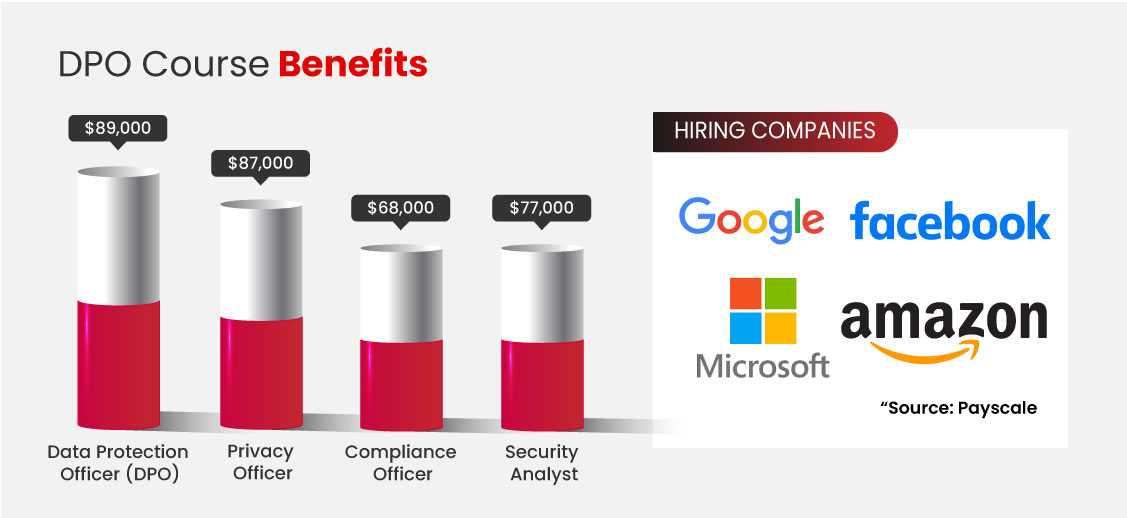


 The training was awesome. Helped me clear my concepts and also reduced my preparation time to 1/3rd. Thank you, trainer, for all your dedication to bring your gladiators to pace.
The training was awesome. Helped me clear my concepts and also reduced my preparation time to 1/3rd. Thank you, trainer, for all your dedication to bring your gladiators to pace.






 Certified & Experienced Instructors
Certified & Experienced Instructors Post Training Support
Post Training Support Customized Training
Customized Training Flexible Schedule
Flexible Schedule Access to Recorded Sessions
Access to Recorded Sessions 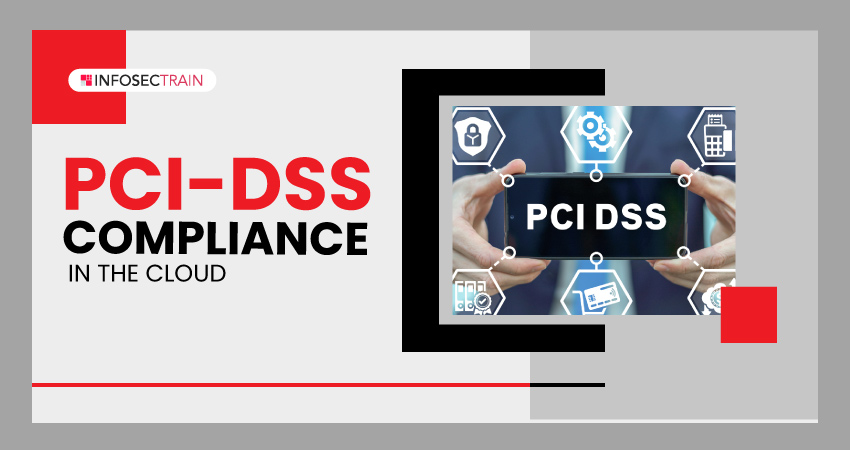
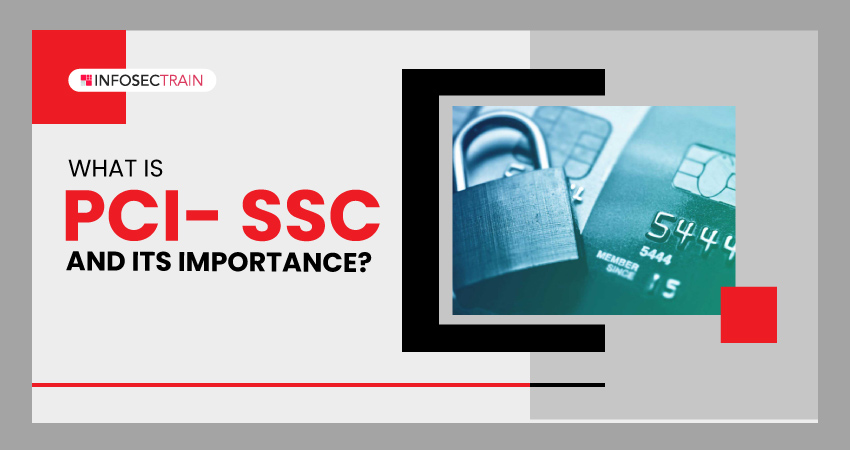
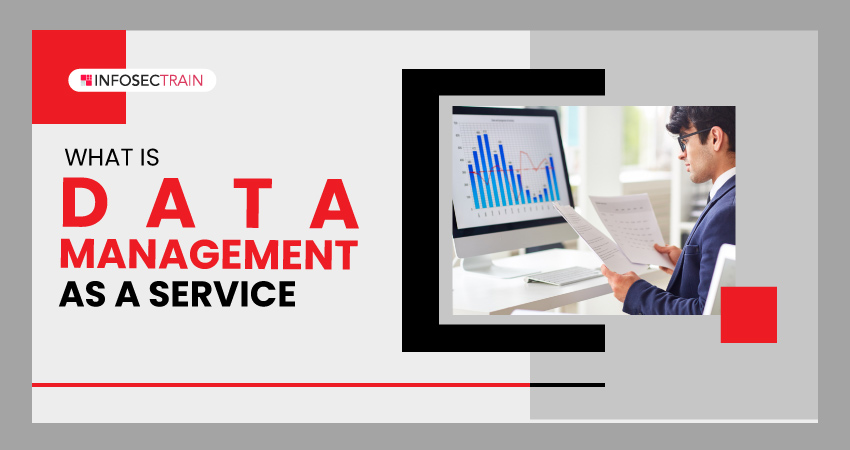
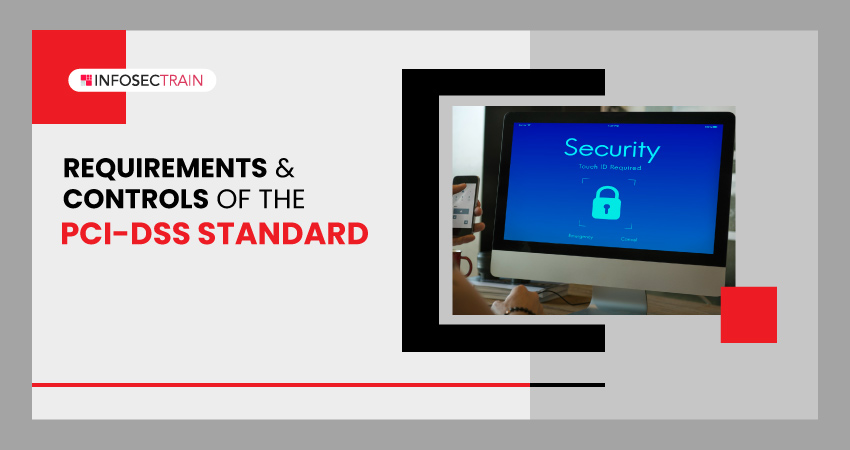

 1800-843-7890 (IN)
1800-843-7890 (IN) sales@infosectrain.com
sales@infosectrain.com
 1800-843-7890 (India)
1800-843-7890 (India) 
